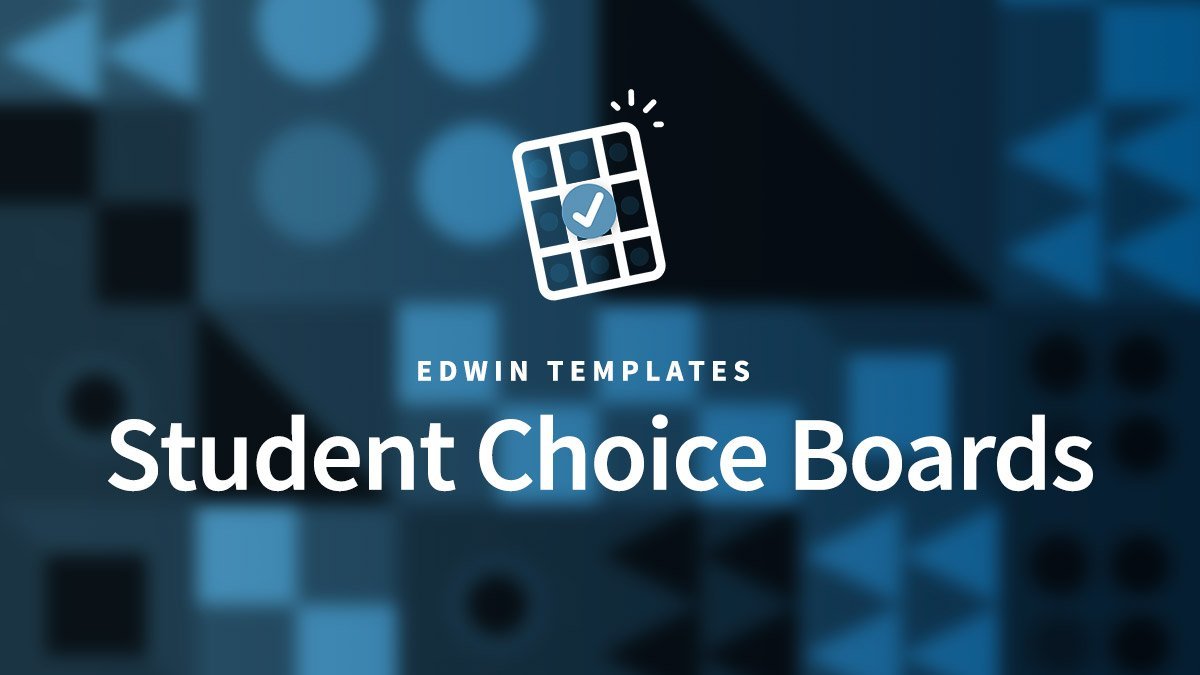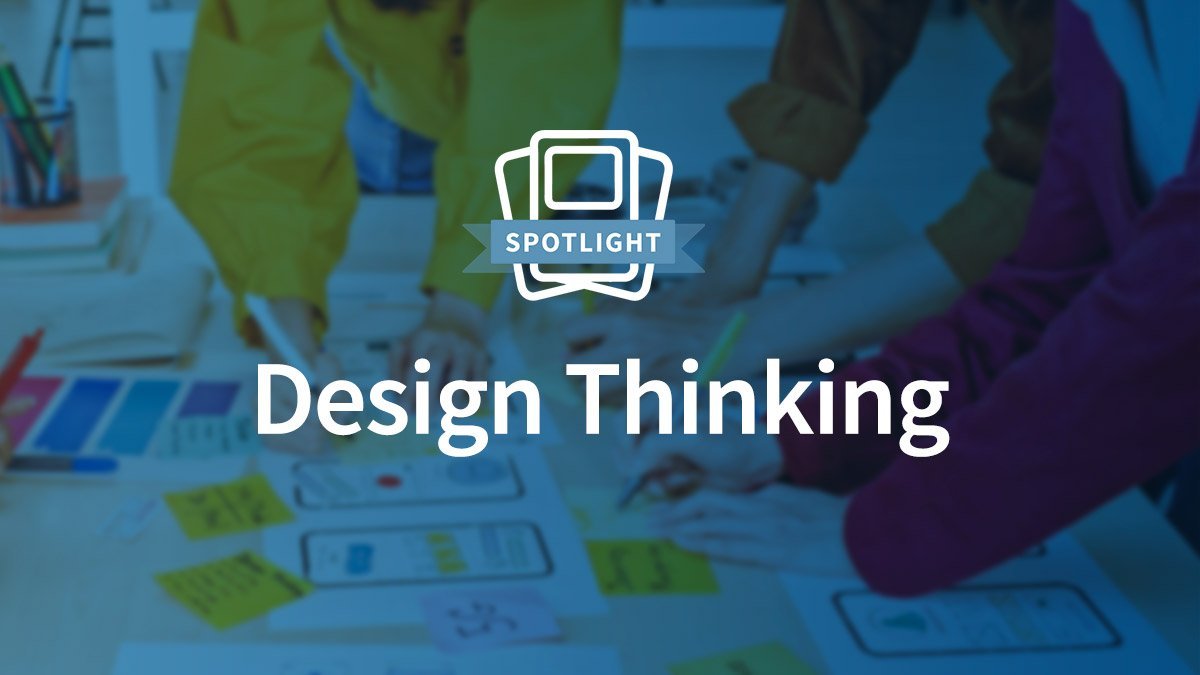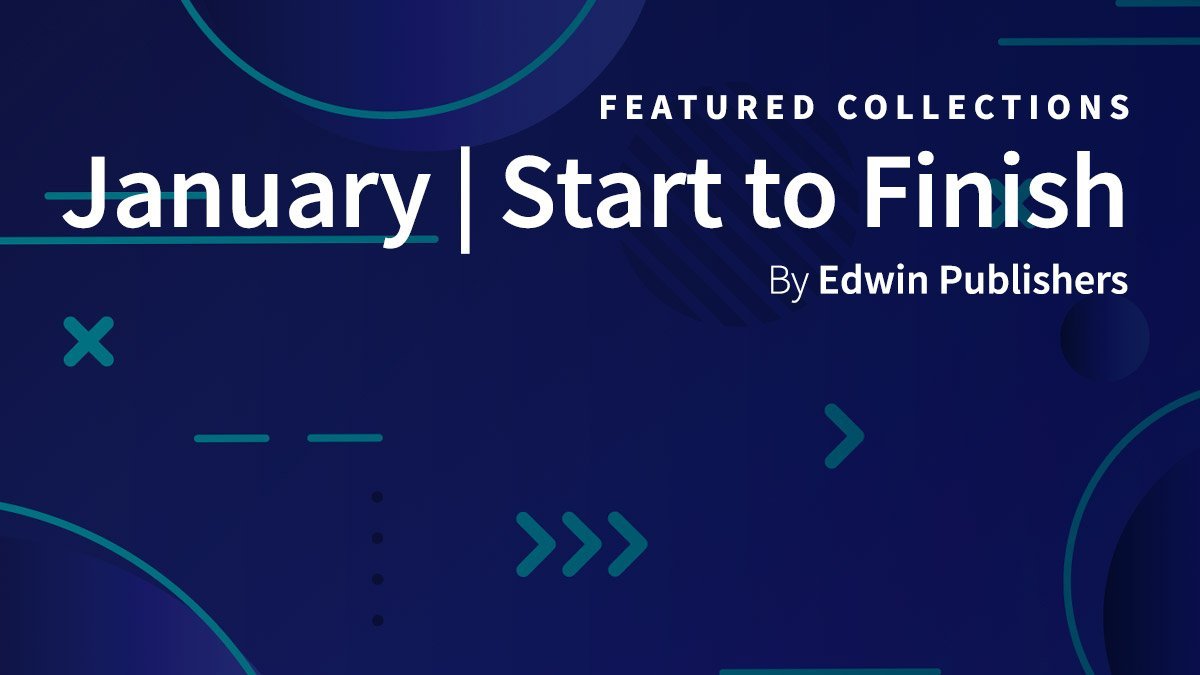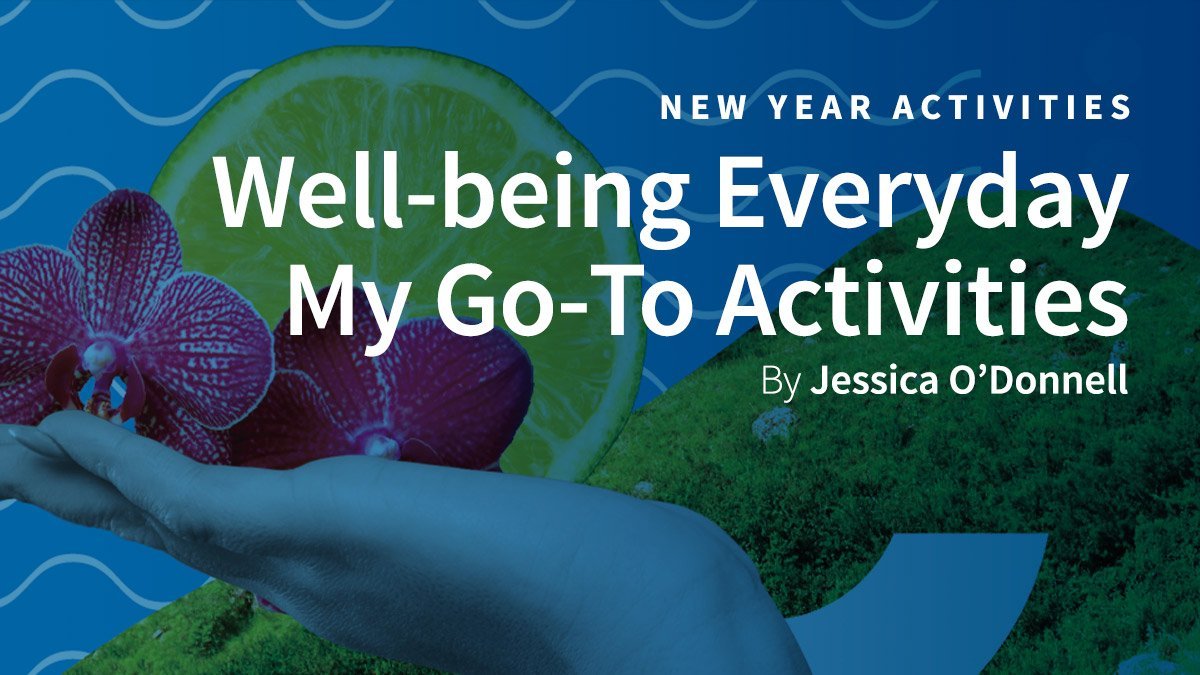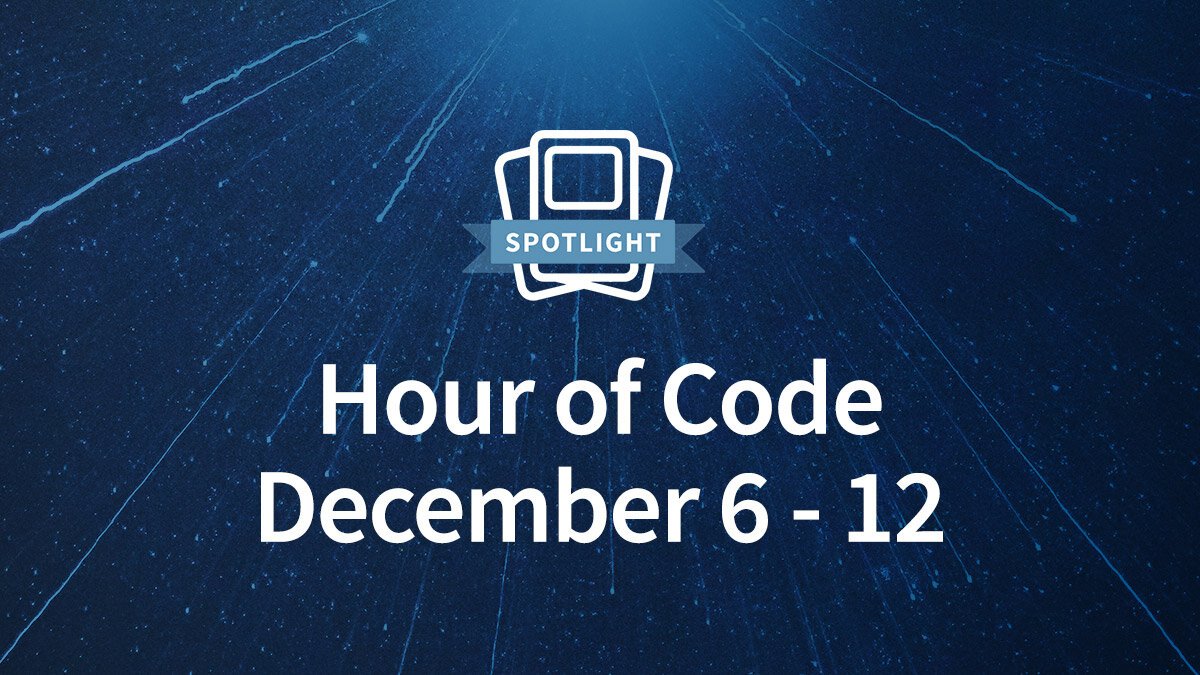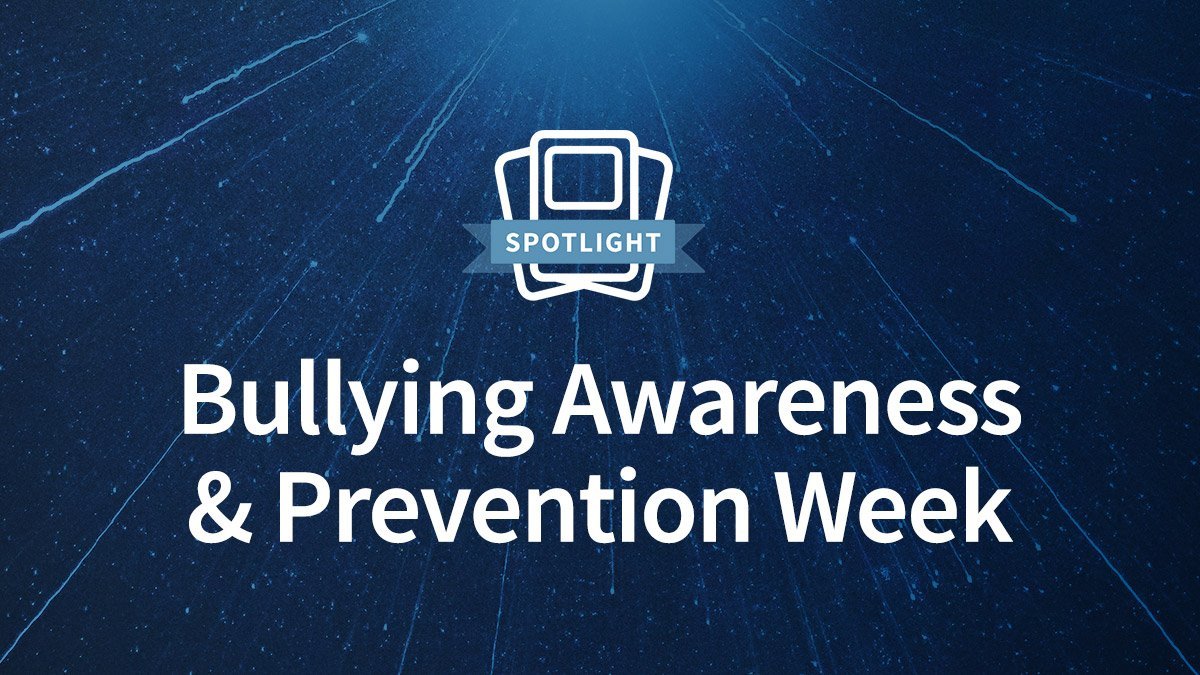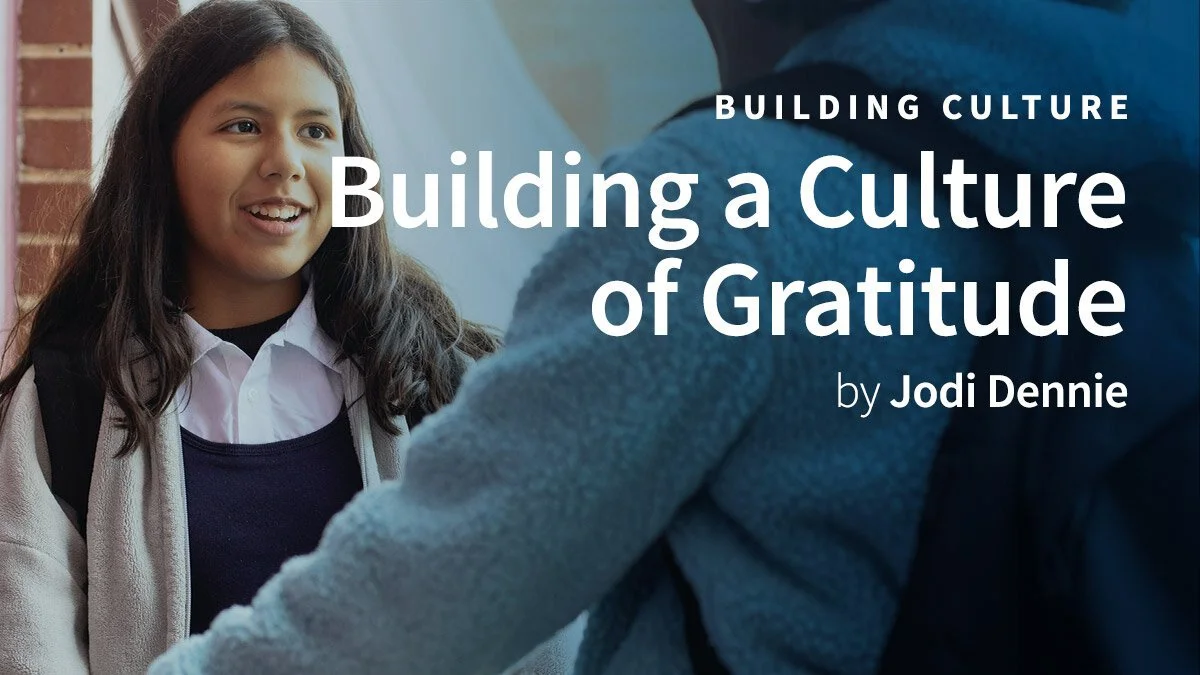Spotlight: Indigenous Education Resources
Indigenous education and values in the classroom benefit every student. These resources for Grades 4–10 invite student and classroom recognition of topics such as Truth and Reconciliation, Treaty Rights, and Language Revitalization.
Niigaan Sinclair - Education for Reconciliation
This webinar series provides classroom and district leaders with practical support to deepen commitments toward reconciliation in the classroom.
Trauma-Informed-Leadership
This series will highlight the key aspects of leading a trauma-sensitive approach, tailored for school administrators, classroom teachers, and system leaders alike.
Edwin Essentials | Research Skills
Discover the vibrant classroom environment in Edwin, where students are actively engaged in honing their research skills. Witness discussions on source credibility, paraphrasing and citations and individual quests for information. This is the reality of learning Research Skills in Edwin – a place where curiosity meets knowledge.
Niigaan Sinclair
“Toward Reconciliation” exposes hard truths in Canada’s history to all Canadians is an important step toward restoring relationships with Indigenous peoples.
Favourite Student Choice Boards
Choice boards are a great way to empower student choice and voice in your class. Not to mention they are a lot of fun! We have put together a list of our favourites so you can download and use them with your class today.
Design Thinking
Design thinking can help your students find creative solutions to big problems—and small ones, too. It’s a process that starts with empathy and ends with testing solutions with real users.
YOU ARE THE STRATEGY: Leading Affective AND Effective Education
This series will focus on the critical elements of leading a trauma-sensitive approach, whether you are a school administrator, classroom teacher, or system leader.
See Us, Learn Us: A New Perspective on Teaching Identity, Belonging and the Black Canadian Experience
This webinar series focuses on aligning curriculum content to promote equitable and inclusive education. It integrates Black history and excellence, highlighting Black Canadians' contributions. Explore resources on identity, belonging, and the Black Canadian experience.
See Us, Learn Us
Find innovative resources and ideas necessary to learn and teach about the Black Canadian experience below.
Monthly Theme: January
Throughout January, we are excited to feature collections that include self-care for sustainable study, opportunities to hone critical thinking skills across multiple subjects, and concept-based approaches to teaching and learning.
Well-being Everyday: My Go-To Activities
I am passionate about finding innovative and engaging ways to blend well-being practices into my daily classroom routine. Check out my list of favourite wellness activities, along with tips on integrating well-being into your daily routine.
Spotlight: Hour of Code
Designed to promote computer science and give all students a chance to experience coding, The Hour of Code has multiple entry points for different grades and coding abilities.
Monthly Theme: December
December’s Featured Collections explore how different identities, relationships, and communities are represented in media, sports, and government, as well as fun and engaging activities in science and math.
Spotlight: Remembrance Day
Every November 11, on the 11th hour, Canadians observe Remembrance Day. On this day, we honour all those who have served in Canada’s armed forces, from World War I up to today.
Monthly Theme: November
The Feature theme for November is Past, Present, and Future, and includes collections that encourage students to reflect on the immediate and distant past, explore the skills that help us to understand time, and integrate Days of Significance into the classroom.
Spotlight: Bullying Awareness and Prevention Week
Bullying Awareness and Prevention Week (November 15–21, 2021) was created to raise awareness of bullying and create safer and more welcoming school environments for all.
Spotlight: Media Literacy Week
Media Literacy Week in Canada was created to help students become literate in our complex world of digital media. The goal is to develop students’ critical thinking skills so they can become informed digital citizens.
Values and Values in a Digital World
In this lesson, students will learn more about what it means to create, respond and engage in the digital world while using a variety of resources, such as Edwin, to help them reflect on their roles as digital citizens.
Building a Culture of Gratitude
Okay, giving thanks might not be on the top of our mental checklist of good teaching practices when planning; however, practicing gratitude has been proven to support academic achievement and social-emotional well-being.






